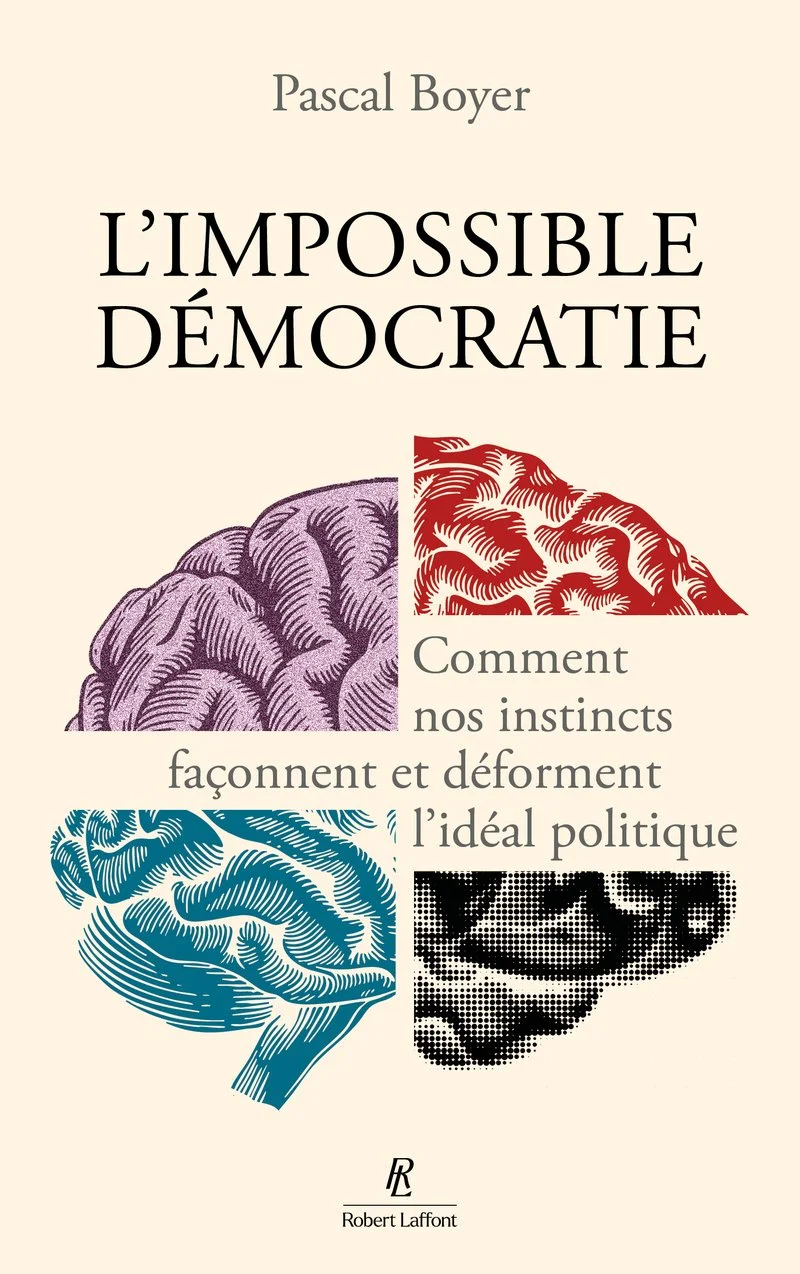DEMOCRACY IN CRISIS: HOW OUR PREHISTORIC MINDS AFFECT OUR POLITICAL IDEALS
Pascal Boyer
Éditions Robert Laffont, 284 pages, 2026
Why you should take a look at it:
√ Groundbreaking interdisciplinary approach to modern politics through evolutionary psychology research
√ Offers constructive and solution-oriented strategies for improving democratic outcomes
√ Written in an engaging style apt for general audiences
From Trump to Brexit, from polarization to populism, modern politics seem trapped in a cycle of tribal warfare that disgusts voters and undermines the very ideals democracy promises to uphold. But what if our political failures are not bugs but rather features of how the human mind actually works?
In this groundbreaking book, anthropologist and cognitive psychologist, Pascal Boyer, reveals how our Stone-Age brains create both our highest political aspirations and our most toxic political realities. Drawing on cutting-edge research in evolutionary psychology and decades of cross-cultural anthropological fieldwork, Boyer proposes that the same mental machinery that helped our ancestors survive in small hunter-gatherer bands now drives everything from polarization and nationalism to our tendency to elect mediocre leaders and embrace damaging policies.
But this is not a pessimistic take on human nature. Boyer argues that understanding our evolved political psychology is the key to building better democracies. Our prehistoric minds also gave us powerful tools that encouraged cooperation, collective action, and mutual benefit —we just need to know how to reactivate them.
Provocative, illuminating, and essential, Politics is a Biological Affair will transform how we understand the political chaos of our times. The point of the book is to show that, whether we accept politics as is, or wish to transform it, we have to work with the limitations as well as the potential of a very specific set of capabilities that result from the unique biological evolution of our species.
After teaching in Cambridge, San Diego, Lyon and Santa Barbara, Pascal Boyer moved to his present position as Henry Luce Professor of Individual and Collective Memory at Washington University, St. Louis. Pascal Boyer studied philosophy and anthropology at University of Paris and Cambridge, where he did his graduate work with Professor Jack Goody, on memory and oral literature. After anthropological fieldwork in Cameroon, he has worked mostly on the experimental study of cognitive capacities underling cultural transmission, particularly in the domain of religious beliefs and behaviors. Pascal Boyer is the author of Religion explained (Basic Books, 2001) and Minds Make Societies (Yale U.P. 2018).

